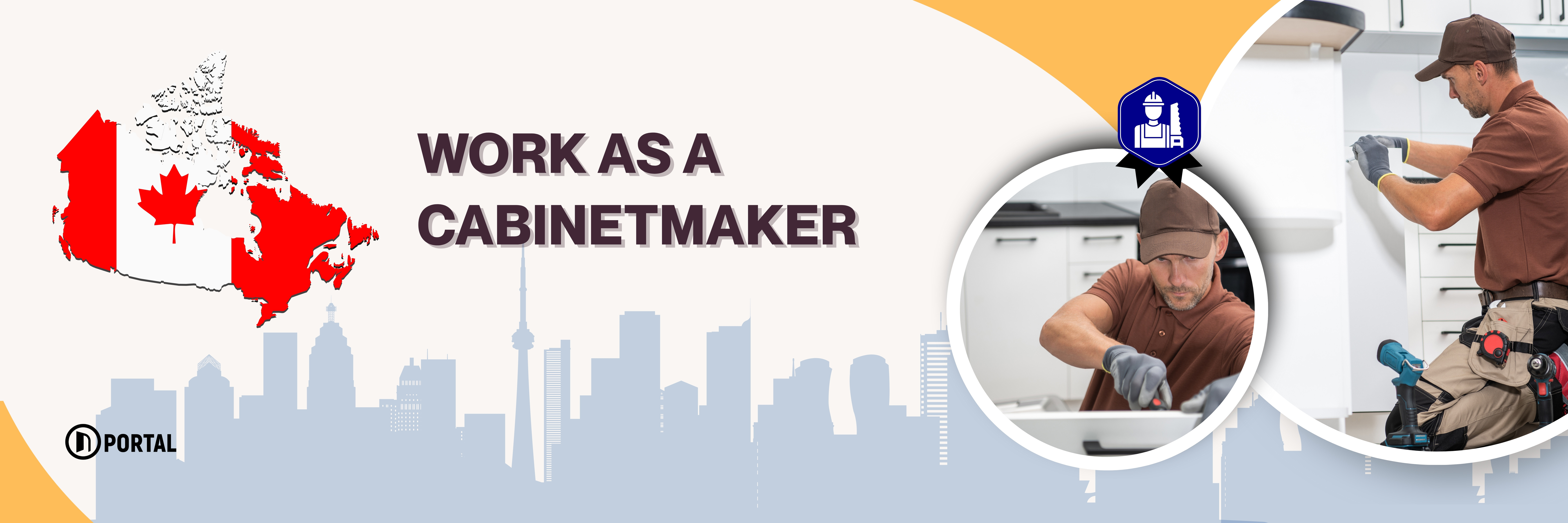
Work as a cabinetmaker for Canadian woodworking shops, furniture manufacturers, and construction or renovation companies.
This position is eligible under two Canadian work permit programs:
This role is ideal for skilled trades workers with woodworking and carpentry experience who want to build a career in Canada and open pathways toward permanent residency.
As a cabinetmaker in Canada, you will:
Yes. Cabinetmaker jobs usually fall under TEER 3, which is PR-eligible. Work experience as a cabinetmaker can count toward the Canadian Experience Class or Provincial Nominee Programs (PNPs), opening a pathway to PR.
Woodworking shops, furniture manufacturers, renovation firms, and custom cabinetry companies across Canada regularly hire cabinetmakers.
Yes. Since cabinetmaker jobs are classified as TEER 3, your spouse may be eligible for an open work permit, and your children may qualify for study permits.
Work permits are usually issued for 1–3 years, depending on your job offer. They can often be renewed if your employer extends your contract.
Yes, but you will need to apply for a new work permit tied to your new employer.
Absolutely. Our team assists with job matching, paperwork, the French test (for Francophone applicants), LMIA processes, and your entire work permit application.
The process — from job offer to receiving your work permit — can take up to 1 year, depending on whether you apply under Francophone Mobility or LMIA, your profile, employer response time, and visa processing times.